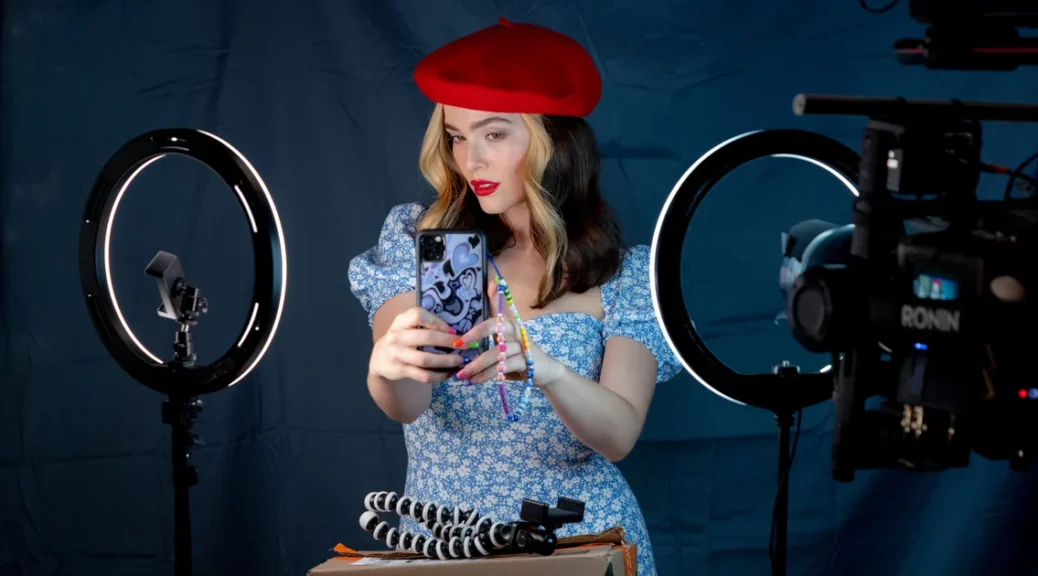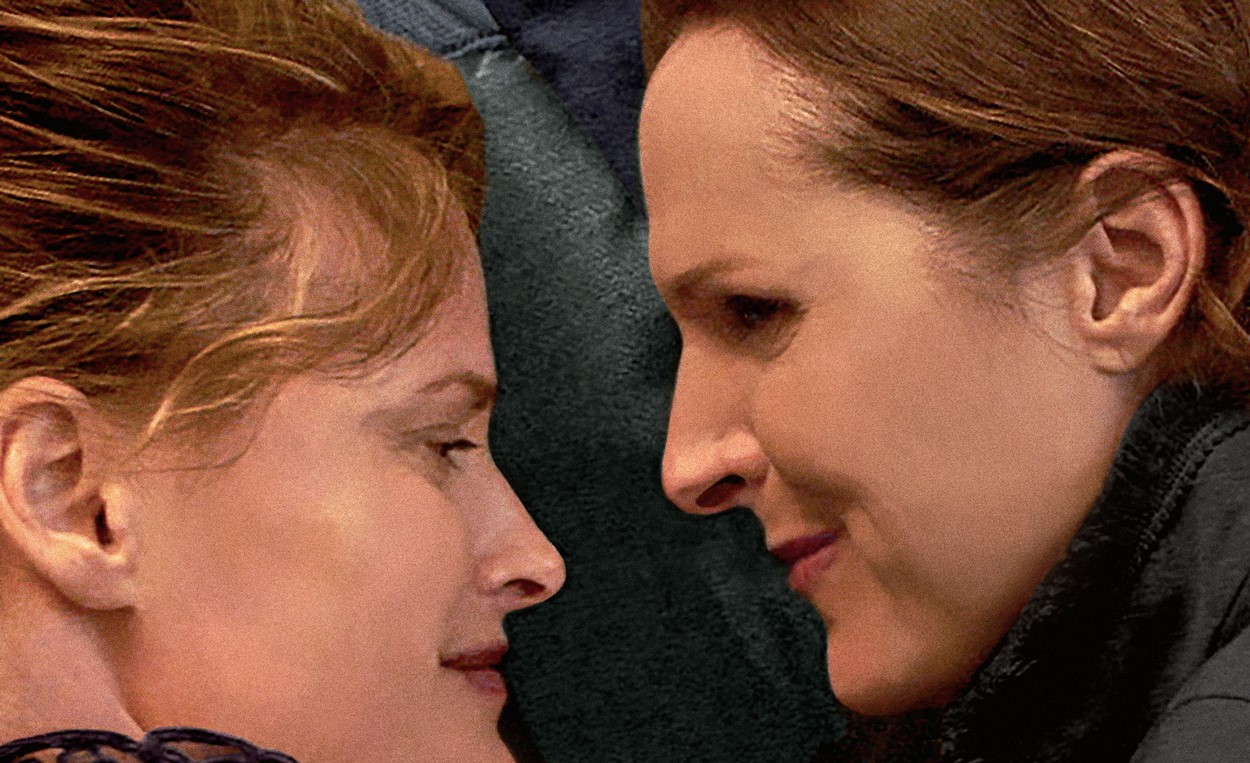Not Okay
by George Wolf
Wait, did that viewer discretion advisory before the opening credits just warn of “an unlikable female protagonist?”
Oh, Quinn Shephard, I wanna sit next to you.
Shephard, who at age 20 wrote, produced, directed, edited and starred in her 2017 feature debut Blame, returns with another sharply insightful look at young adults navigating expectations and judgement.
And this time, she brings along a wicked sense of humor tipped off by that early caveat.
Zoey Deutch stars as Danni, a self-involved New York twentysomething who lets us know right away that she’s longing to be noticed – for any reason. If she’s not getting the likes and follows, I mean what is she even doing?
What she’s doing is using photoshop to fake a trip to a writer’s retreat in Paris. And it’s all berets and baguettes on the ‘gram until Paris falls prey to terrorist bombings. That’s bad for the world, but pretty great for Danni’s social profile!
So she runs with it, playing the traumatized victim, launching #iamnotokay and managing to become besties with Rowan (Mia Isaac, also currently in Hulu’s Don’t Make Me Go), a school shooting survivor who’s a leader in the movement to combat gun violence.
We know from the start that Danni’s facade blows up in her face, and Shephard makes sure the rise and fall is deliciously fun. Don’t expect any sacred cows, as Shephard skewers nearly every player in our social media culture, even casting herself in a priceless cameo that ups the volume on exasperation.
She has the perfect vessel in Deutch, who proves again she is an absolutely natural comedic talent. From the way Danni answers “I will!” when her boss suggests taking a mental health day, to her chipper attitude at a support group, Deutch embodies the oblivious self-absorption needed for all these daggers to land.
Dylan O’Brien gives standout support as a white bread boy from Maine wearing a hardcore rap persona, but it’s Isaac who nearly steals the movie as a scarred young girl struggling with actual trauma. When Danni’s lie is revealed, Rowan’s hurt is palpable and heartfelt, with Isaac delivering a blistering spoken-word declaration that’s reminiscent of Daveed Digg’s powerful performance in the finale of Blindspotting.
And while Shephard’s defiant attitude toward her protagonist’s unlikability is refreshing, it only increases the curiosity over whether Danni will be learning something today.
Not Okay doesn’t toe this narrative line as expertly as, say, Young Adult, but it doesn’t fold all its cards, either. Shephard is a filmmaker with vision and voice, and she’s able to address the social media revolution with a better handle than most on juggling the serious and the satirical.











